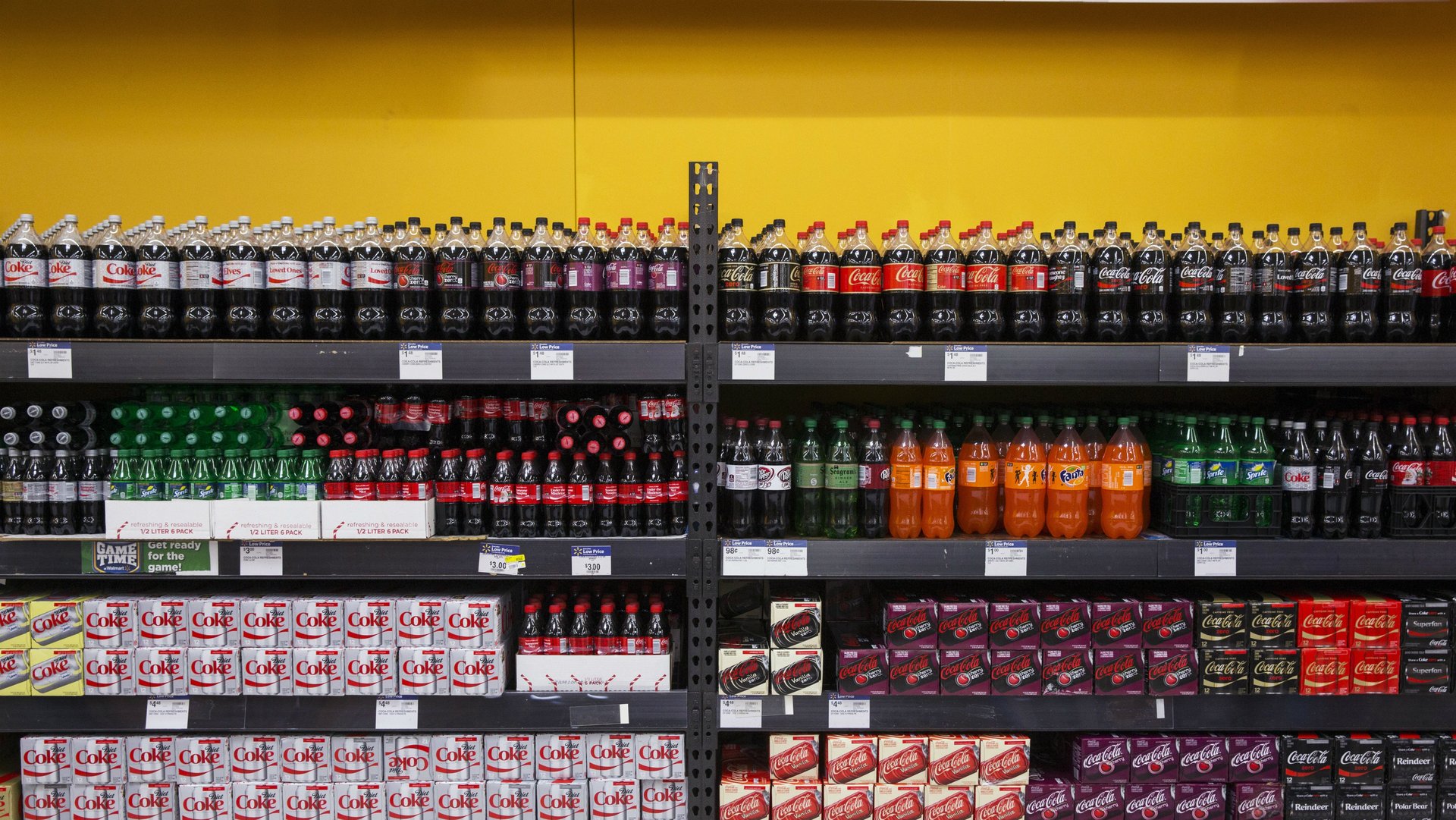Prepare to pay taxes on soda in cities and towns across the US
Philadelphia is proving that ultra-liberal enclaves aren’t the only places aiming to make the nation’s soda drinkers pay more to quench their thirst.


Philadelphia is proving that ultra-liberal enclaves aren’t the only places aiming to make the nation’s soda drinkers pay more to quench their thirst.
The city government has agreed to send a 1.5 cent-per-ounce tax on sodas to the full city council for a vote next week (June 16). The vote will mark the end of a brutal battle that pit the soda industry and tax opponents against the city’s mayor and public health advocates.
The model being considered for adoption in Philadelphia is notable in two respects. Firstly, the estimated $91 million raised from the tax each year won’t necessarily be slated for health initiatives, something oft-described by critics as part of the so-called “nanny state.” Instead, the city’s mayor touted the tax as a new revenue stream for universal pre-kindergarten education and library renovations.
Secondly, if the measure is approved by the full city council, it will torpedo one of the biggest rhetorical weapons the soda industry has used to denounce soda taxes. Ever since Berkeley, California passed a tax of its own in 2014, the industry has characterized the win as only achievable in such a super-liberal enclave. A win in Philadelphia would deflate that reasoning, and perhaps trigger health advocates in cities across America to copy the measure.
“Council members stood up to more than $4 million worth of beverage industry pressure to do the right thing for the long-term health and life chances of Philadelphia kids,” said Jim Krieger, a soda tax advocate and executive director of Healthy Food America in a statement.
More money will be spent this year on soda tax measures in other jurisdictions. Former New York City mayor Michael Bloomberg is pumping money into San Francisco to get a soda tax measure included on the ballot in November. Voters in Oakland, California, and Boulder, Colorado, also expect to vote on measures this fall.
The American Beverage Association, which represents the largest soda companies, argues that taxes on soda are unpopular with voters and regressive.